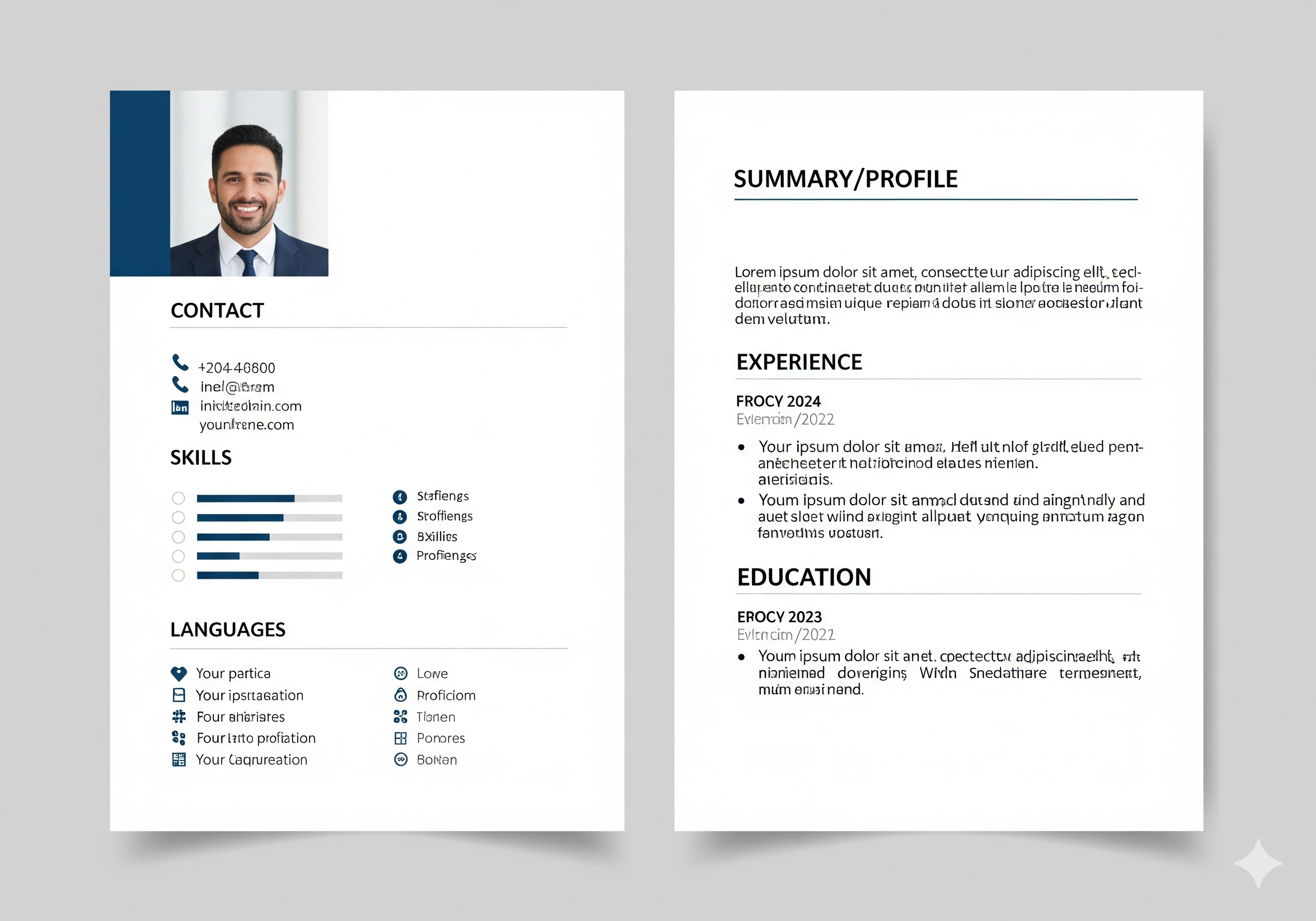



It’s a scenario many of us in talent development or leadership roles have encountered: an eager, bright-eyed fresher, fresh out of college, sits across from you and, when asked to articulate their strengths or contributions, simply says, “I have nothing to write.” In today’s competitive landscape, where every individual’s unique value is paramount, this statement isn’t a sign of a lack of ability, but rather a lack of self-awareness and, often, a need for guided discovery. At SnehVin Business Solutions, we’ve developed a robust approach to not just fill that blank page, but to uncover and amplify the hidden strengths and immense potential within our early-career professionals.
In India, we have a vast pool of exceptionally talented graduates, often with strong academic backgrounds but sometimes limited exposure to professional self-articulation. Our education system, while rigorous, doesn’t always prioritize the soft skills of personal branding or identifying transferable skills from diverse experiences. This makes our approach even more crucial. We understand that behind every “nothing to write” is a wealth of experiences – from managing family events to leading student clubs, from coding personal projects to volunteering in local communities – that are rich with valuable, professional skills waiting to be recognized.
Resumes, especially for freshers, often list academic achievements and perhaps a couple of internships. But true potential lies in the narrative behind those bullet points. Our “Discovery Interview” isn’t a traditional performance review; it’s a conversation.
Example: A fresher might not list “event management” but will excitedly describe how they single-handedly organized their college’s annual fest, coordinating vendors, volunteers, and promotions. Voila! Hidden project management and leadership skills.
Once we’ve gathered these narratives, the next step is to translate them into marketable professional skills. Many early-career professionals don’t see the direct link between their experiences and the demands of the corporate world. We help them connect those dots.
The blank page often stems from a fear of failure or a feeling of inadequacy. Our solution is to start small, celebrate often.
No one thrives in isolation. A strong support system is paramount for early-career growth.
The transformation we witness is remarkable. The initial apprehension gives way to confidence, the hesitant voice becomes articulate, and the blank page fills with insights and contributions. Our freshers don’t just “have something to write” anymore; they have a clear understanding of their value, a strong foundation of skills, and a confident vision for their professional journey.
This isn’t just about personal growth; it’s about building a stronger, more innovative workforce. By investing in uncovering and nurturing the potential of our early-career professionals, we are investing in the future success of SnehVin Business Solutions and, indeed, the future of talent in India.